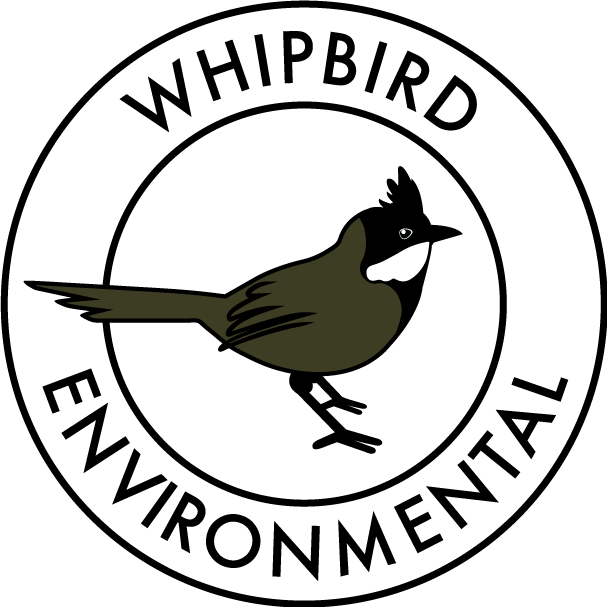Hardenbergia violacea (Purple Coral Pea or Waraburra) Australian Native Plant Profile
Hardenbergia violacea
Description
Hardenbergia violacea is an incredibly hardy climbing plant with dark green foliage and beautiful spikes of purple pea flowers. Several forms of hardenbergia violacea exist including shrubby forms. This coupled with its highly ornamental properties has led to the plant becoming widely cultivated.
Growing Conditions
H. violacea is very widespread, occurring across a variety of different soil types and ecological communities. Though it is most commonly found in woodlands it can also be found growing on highly exposed headlands and other coastal settings. H. violacea can handle full sun or partshade.
Habitat Value
Hardenbergia violacea is a vigorous and hardy plant that produces masses of flowers in late winter and early spring making it a hugely beneficial plant to local fauna. Its spring flowering period makes it an important food source for many insects as the weather is starting to warm up in the transition phase between winter and summer flowering plants. Its vigorous vegetative growth also provides lots of shelter for smaller animals and insects looking to escape predation of larger animals.
Uses
Environmentally Hardenbergia is used extensively in revegetation projects, especially those with a focus on planting masses of grasses and graminoids. As a member of the pea family (Fabaceae) it is a nitrogen fixing plant which helps to build soil health and makes nitrogen available to nearby plants. Its fast growth means it establishes readily in new plantings generating an early source of vegetative cover and flowers and seeds for fauna.
In the Garden H. violacea is an excellent performer with many forms to choose from; it can be used as a ground cover, low shrub or climbing plant. Masses of purple flowers are a beautiful addition and serve as an excellent food source in a habitat focused garden.
Propagation
Hardenbergia violacea is easily grown from seed. Using a boiling water treatment on the seeds will ensure high germination rates. You can strike cuttings on new season growth, however this should only be done for horticultural purposes and avoided for environmental restoration work.
Further Reading
https://finder.growingillawarranatives.org/plants/plant/257
https://plantnet.rbgsyd.nsw.gov.au/cgi-bin/NSWfl.pl?page=nswfl&lvl=sp&name=Hardenbergia~violacea
http://anpsa.org.au/h-viol.html

